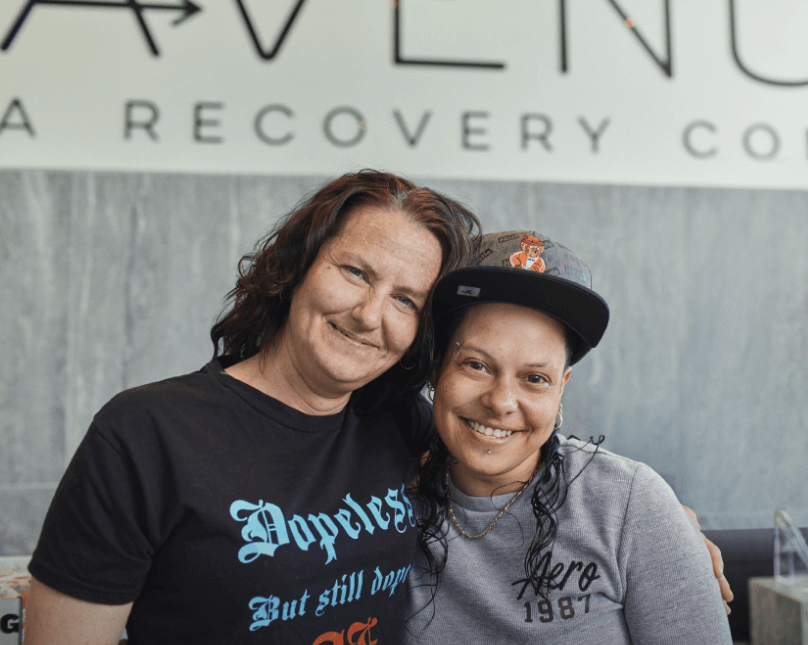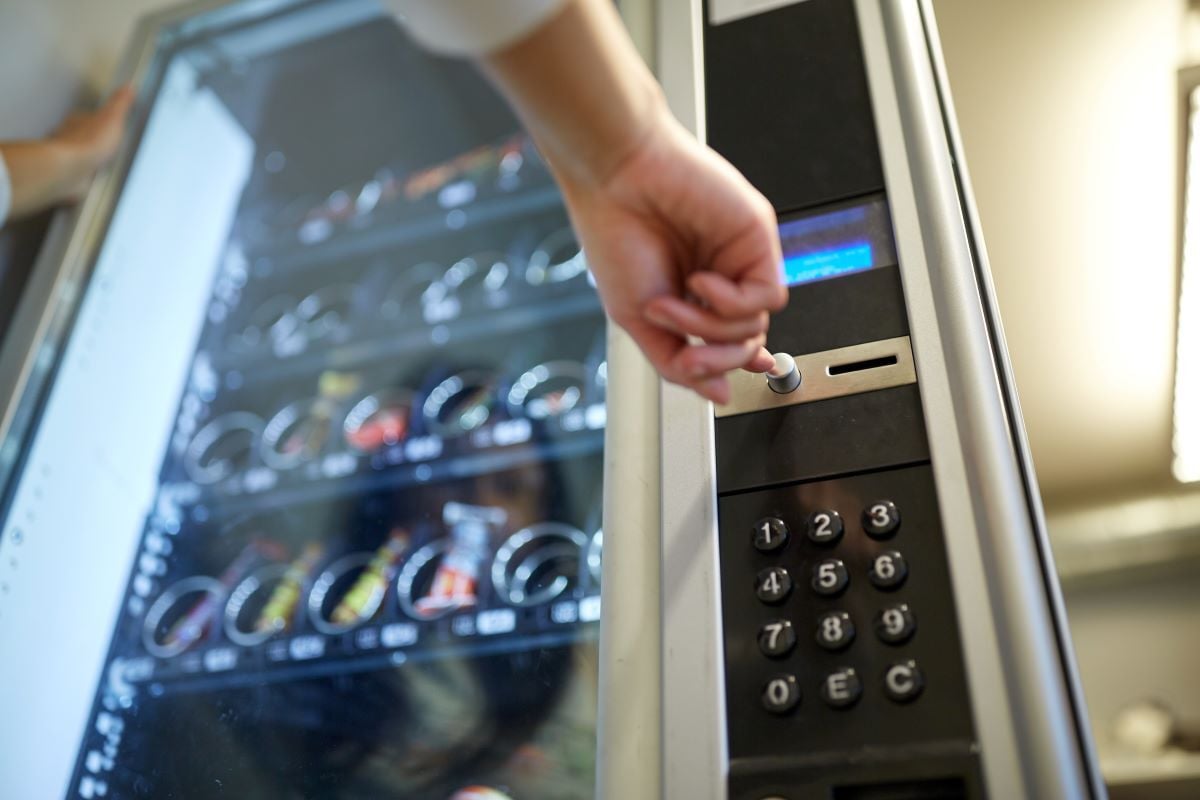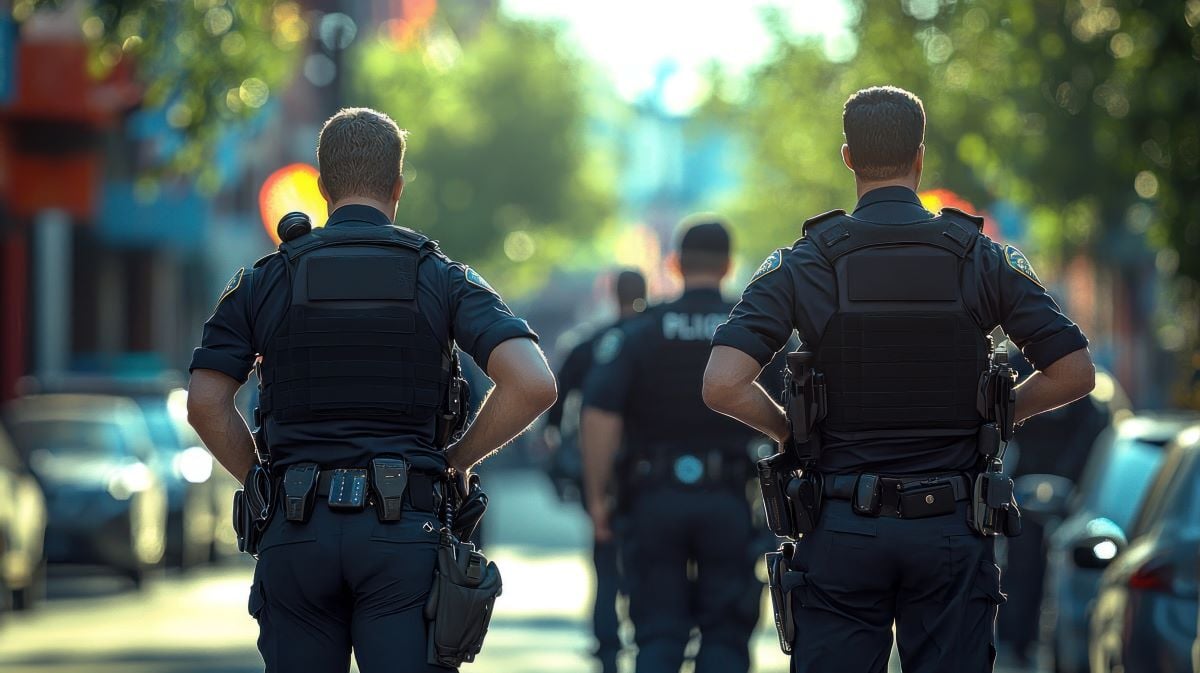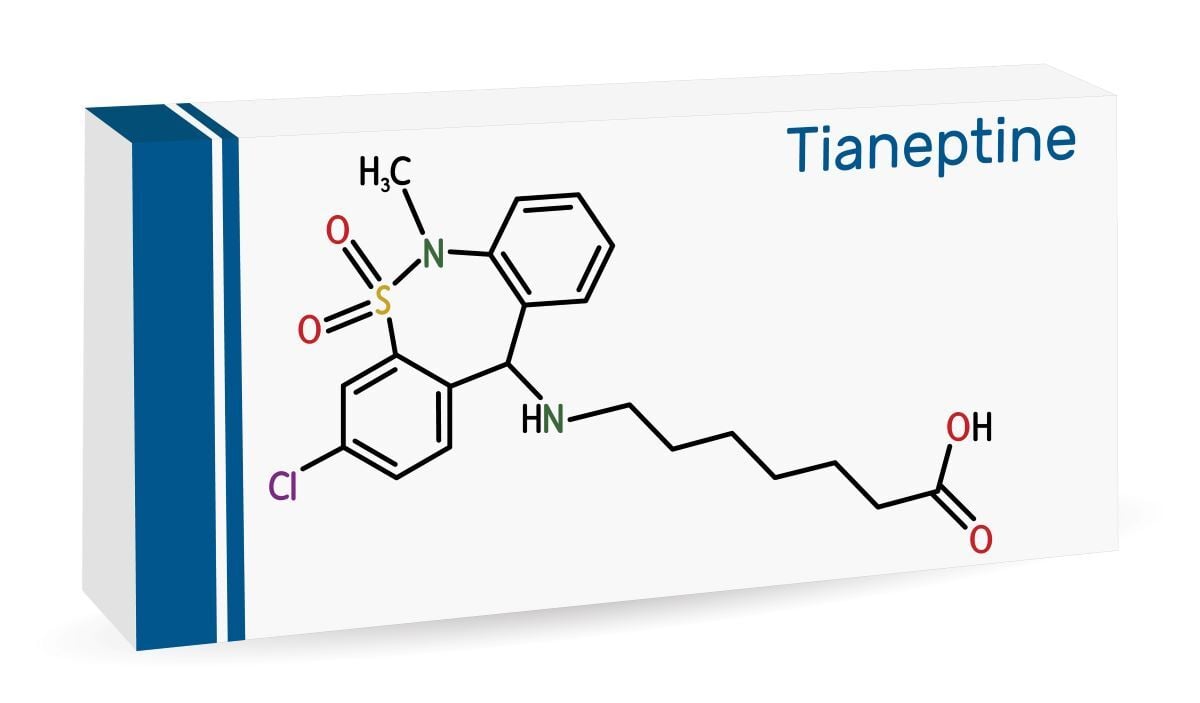Drug and Alcohol Abuse in Virginia
Virginia faces significant challenges related to drug and alcohol abuse, with rising overdose deaths and stringent legal penalties aimed at curbing the crisis. Looking at how many people with drug addictions live in Virginia, and how many homeless people have addiction in Virginia, underscores the seriousness of the situation. Understanding the scope of the problem and the state's response is essential for grasping the full picture of substance abuse in Virginia.
The Scope of Drug and Alcohol Abuse in Virginia
Overdose Statistics: Virginia has experienced a troubling increase in drug overdose deaths. In 2021, the state reported over 2,600 overdose deaths, with opioids being the primary cause. Synthetic opioids, particularly fentanyl, accounted for the majority of these fatalities, reflecting a nationwide trend of increasing opioid-related deaths. According to the Virginia Department of Health (VDH), the rate of drug overdose deaths was 29.3 per 100,000 residents in 2021, a significant rise from previous years (Virginia Department of Health)
In particular, the cities of Richmond, Norfolk, and Portsmouth are known as the worst drug cities in Virginia.
Alcohol Abuse: While the focus often falls on opioids, alcohol abuse remains a critical issue in Virginia. The National Institute on Alcohol Abuse and Alcoholism (NIAAA) reports that excessive alcohol consumption leads to numerous health problems, including liver disease, cardiovascular issues, and an increased risk of accidents and injuries. In Virginia, alcohol-related deaths also contribute to the overall substance abuse crisis, with significant public health implications.
Virginia Drug and Alcohol Laws
Virginia's legal framework for addressing drug offenses is strict, with severe penalties for possession, distribution, and trafficking of controlled substances. This includes both illegal drugs and the regulation of legal drugs in Virginia.
Virginia Drug Laws
Drug Schedules and Penalties:
- Schedule I and II Drugs: These include substances like heroin, methamphetamine, and certain opioids. Possession of Schedule I or II drugs is a Class 5 felony, punishable by up to 10 years in prison. Distribution or manufacture can result in even harsher penalties, including life imprisonment for large quantities or repeat offenders (Virginia Department of Health).
- Schedule III and IV Drugs: These drugs have a lower potential for abuse but still carry significant penalties. Possession is classified as a Class 1 misdemeanor, with up to 12 months in jail and fines. Distribution offenses can lead to felony charges and lengthy prison sentences (Virginia Department of Health).
- Marijuana: Virginia has taken steps toward marijuana reform, decriminalizing possession of small amounts and legalizing recreational use for adults. However, possession of more than an ounce can result in civil penalties, and distribution without proper licensing remains illegal (Virginia Department of Health).
What drugs are legal in Virginia? Although Virginia has legalized marijuana for medical use in 2021, it is not yet legalized for recreational use. All controlled substances are illegal in Virginia.
Virginia Alcohol Laws
Virginia imposes strict penalties for alcohol-related offenses, including DUI (driving under the influence). A first-time DUI offense can lead to fines, license suspension, and mandatory alcohol education programs. Repeat offenses carry progressively harsher penalties, including longer license suspensions, higher fines, and potential jail time. Understanding what are the alcohol laws in Virginia is crucial for residents and visitors alike (Virginia Department of Health) (Virginia Department of Health).
Drug Testing in Virginia: Virginia drug test laws mandate testing in certain situations, such as for employment in sensitive positions or during legal proceedings. Employers may implement drug testing policies, but they must comply with state regulations. Drug testing in Virginia can include screening for marijuana, even though recreational use has been legalized. Questions like "does Virginia still drug test for weed" highlight the complexity of balancing new legislation with existing testing protocols (Virginia Department of Health).
Addressing the Crisis: Initiatives and Programs
Virginia has implemented various initiatives and programs to combat drug and alcohol abuse, focusing on prevention, treatment, and harm reduction.
Prevention Programs: The state has invested in educational campaigns aimed at preventing substance abuse among youth and adults. Programs like the Virginia ABC’s Youth Alcohol and Drug Abuse Prevention Project (YADAPP) provide resources and support to schools and communities to educate young people about the dangers of substance abuse (Virginia Department of Health).
Treatment and Recovery Services: Access to treatment is crucial for those struggling with addiction. Virginia offers a range of services, including inpatient and outpatient treatment programs, counseling, and support groups. Medicaid expansion in Virginia has also improved access to substance abuse treatment for low-income residents (Virginia Department of Health) (Virginia Department of Health).
Harm Reduction Initiatives: To reduce the risk of overdose and other health complications, Virginia has adopted harm reduction strategies. These include the distribution of naloxone, a medication that can reverse opioid overdoses, and the establishment of needle exchange programs to prevent the spread of infectious diseases (Virginia Department of Health).
Law Enforcement and Community Partnerships: Collaboration between law enforcement and community organizations is key to addressing the substance abuse crisis. Programs like the High Intensity Drug Trafficking Areas (HIDTA) initiative work to disrupt drug trafficking networks, while community coalitions focus on prevention and support for individuals in recovery (Virginia Department of Health).
The Road Ahead
Addressing drug and alcohol abuse in Virginia requires a multifaceted approach, combining prevention, treatment, and enforcement. Continued efforts to expand access to treatment, reduce stigma, and provide support for individuals and families affected by substance abuse are essential. By leveraging resources and fostering collaboration across sectors, Virginia can work towards reducing the impact of drug and alcohol abuse and promoting healthier communities.
For more detailed statistics and information on Virginia's response to the drug and alcohol abuse crisis, you can visit the Virginia Department of Health's Drug Overdose Data page (Virginia Department of Health) (Virginia Department of Health).



.png)



.png?length=750&name=Mask%20Group%20126%20(1).png)














